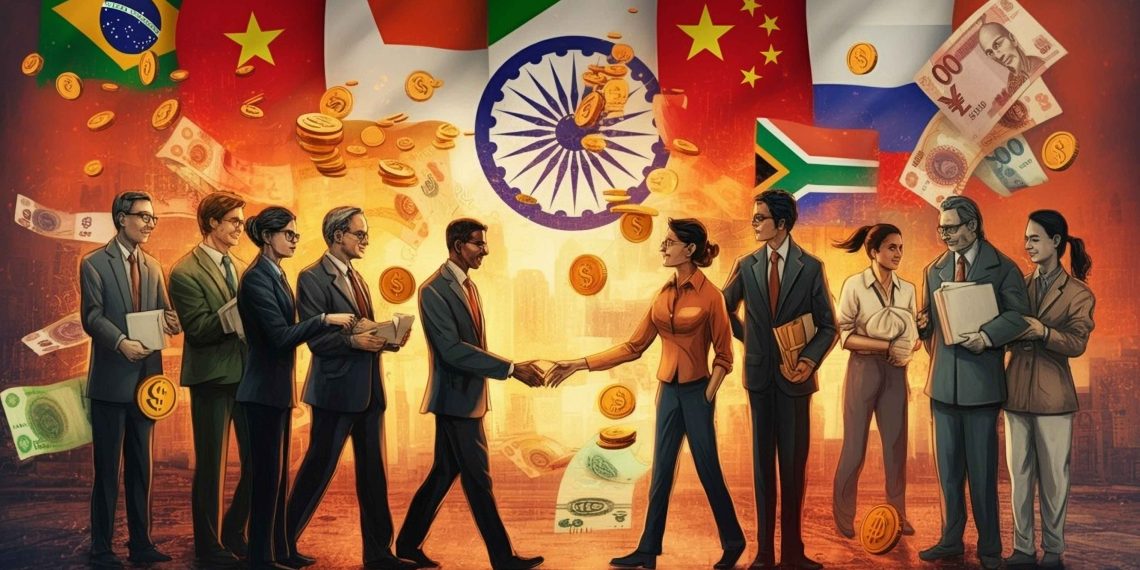As the U.S. grapples with election uncertainties, Russian President Vladimir Putin welcomed leaders from countries representing nearly half of the global population at the BRICS summit in Kazan. The emerging economies alliance, though still far from rivaling institutions like the International Monetary Fund (IMF) or challenging the dominance of the U.S. dollar, showcased its increasing significance during its summit, which included newly admitted members.
The final communique highlighted aspirations for new payment and trade mechanisms aimed at bypassing Western-dominated structures, particularly in light of sanctions imposed on Russia after its invasion of Ukraine. The summit also marked several diplomatic achievements, including the presence of U.N. Secretary-General Antonio Guterres and Turkish President Tayyip Erdogan, who has expressed interest in joining BRICS. Notably, both India and China seized the opportunity to enhance their bilateral relations at the summit.
Putin noted the considerable attendance of global leaders as a counter-narrative to the idea of Russia’s isolation from the international economy. Alicia Garcia-Herrero, a senior fellow at the Bruegel economic think tank, observed that this indicates a declining influence of the West.
While Kazan may not hold the historical significance of Bretton Woods, where a monetary order was established post-World War II, this summit underscored widespread dissatisfaction with a global system perceived as inadequate for much of the world. Over the last decade, capital transfers to developing economies have significantly declined, and emerging nations remain underrepresented in IMF decision-making. Mo Ibrahim, a Sudanese-British businessman, remarked on the increasing interest from various countries in joining BRICS, stating that over 30 nations have applied for membership.
Ibrahim highlighted the need for more representative and democratic institutions, noting that the existing structures were established in 1945 and have seen little change since. The BRICS bloc, founded in 2006 by Brazil, Russia, India, and China, has had a mixed track record. Its impact on the growth paths of its founding members has yet to be significant, with the New Development Bank (NDB) expected to provide $5 billion in loans this year—far less than the $72.8 billion allocated by the World Bank.
Despite skepticism surrounding BRICS‘ potential to launch a payment system that could effectively challenge the dollar, many nations view the alliance as a practical trade forum, currently responsible for a fifth of global commerce. Pakistan’s Finance Minister Muhammad Aurangzeb noted the substantial benefits of enhancing trade corridors, expressing a desire for BRICS membership.
While the BRICS initiative may not directly oppose the dollar’s supremacy, it offers an alternative for countries wary of future Western sanctions. Hamish Kinnear, a senior analyst at Verisk Maplecroft, described BRICS as a reflection of shifting geopolitical dynamics rather than the cause of them. Many member nations and potential joiners see BRICS as a means to hedge against global changes while maintaining ties with the West.
Shi Yinhong, a professor at Renmin University of China, emphasized the need for BRICS to respond positively to countries seeking membership, advocating for deeper financial cooperation. He asserted that the international financial system must evolve to better represent the changing global economic landscape.





















